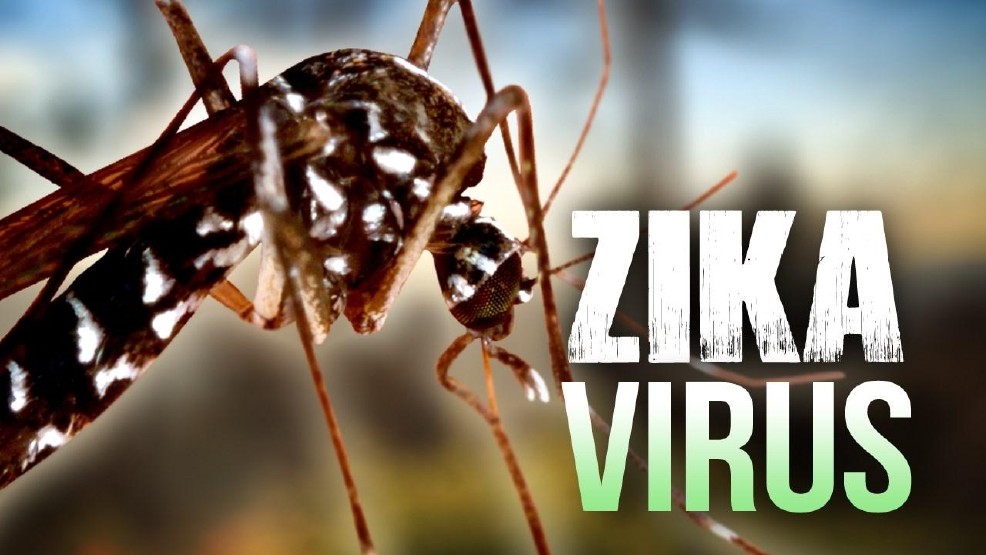Here are the steps to take…
The Zika virus has become one of the most feared diseases on the planet in the last year or two. People have been warned against traveling to high-risk areas, especially the very young and the very old. Within the last few months, it was discovered that the Zika virus could potentially be transmitted sexually between partners, and now it looks like pregnant mothers may actually pass it on to their infants if they’re not careful.
According to a CDC update, the virus has spread to more than 50 countries and territories around the world. There have been active Zika virus transmission in these countries, meaning there is a very real risk that you and your child could face serious health problems.
It’s important to note that the same CDC update said, “most persons with Zika virus infection are asymptomatic or have mild clinical disease.” This is good news, as it indicates that the Zika virus may not be as dangerous or severe as once thought. If most Zika sufferers only develop mild clinical disease at worst, the majority of people are safe.
However, the CDC did state that “infection during pregnancy can cause congenital microcephaly and other brain defects.” Zika has also been linked to a number of other adverse outcomes, including stillbirth and miscarriage. This after the first European baby was born with microcephaly (abnormal smallness of the head) thanks to the Zika virus.
So, how can you protect your baby from the Zika virus?
- Get tested — The CDC recommends that every pregnant woman who may have come in contact with the Zika virus gets tested. The rRT-PCR test run to determine Zika virus infection should be run for up to 2 weeks after exposure to the Zika virus in order to catch even a late infection in women who appear asymptomatic.

READ MORE: GMO Mosquitoes are real, and really scary
- Regular testing –– For women in the U.S., it’s a good idea to get tested for the Zika virus with every visit to your prenatal care doctor. That way, you can find out about infection as soon as possible and take steps to deal with the problem.
- Avoid infected areas –– If you’re planning a trip in the early stages of your pregnancy (before you’re too pregnant to fly), make sure to travel to places that are NOT common Zika virus hotspots. As the CDC stated, there are over 50 countries and territories that have been infected by the virus, so you may need to adjust your travel plans to go someplace where you won’t be at risk of getting infected.
- Prevent mosquito bites –– Even if you’re not in a Zika hotspot, it’s important to protect yourself from mosquitoes anyway. Wear mosquito repellent, sleep beneath mosquito netting, and take other steps to prevent mosquito bites. This becomes DOUBLY important if you have to travel to an area that may be infected by the Zika virus.
- Practice safe sex — If you or your partner has traveled to a location where the Zika virus is present, it’s imperative that you practice safe sex–using a condom to prevent the transmission of the virus. While Zika isn’t technically an STD, studies have indicated that it may be passed from person to person via seminal fluid. For this reason, it’s essential for you to use condoms and practice safe sex if either of you have been exposed to the Zika virus.
Protect your baby by being smart and safe! These simple measures can reduce your risk of Zika infection and thus prevent Zika-related birth defects.








